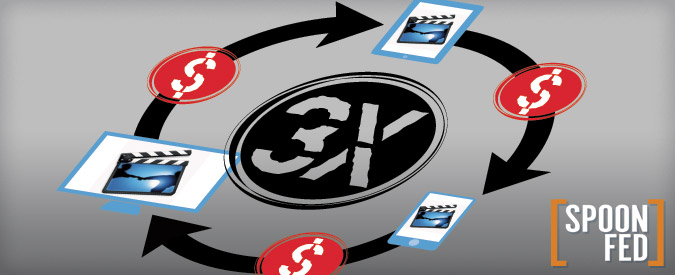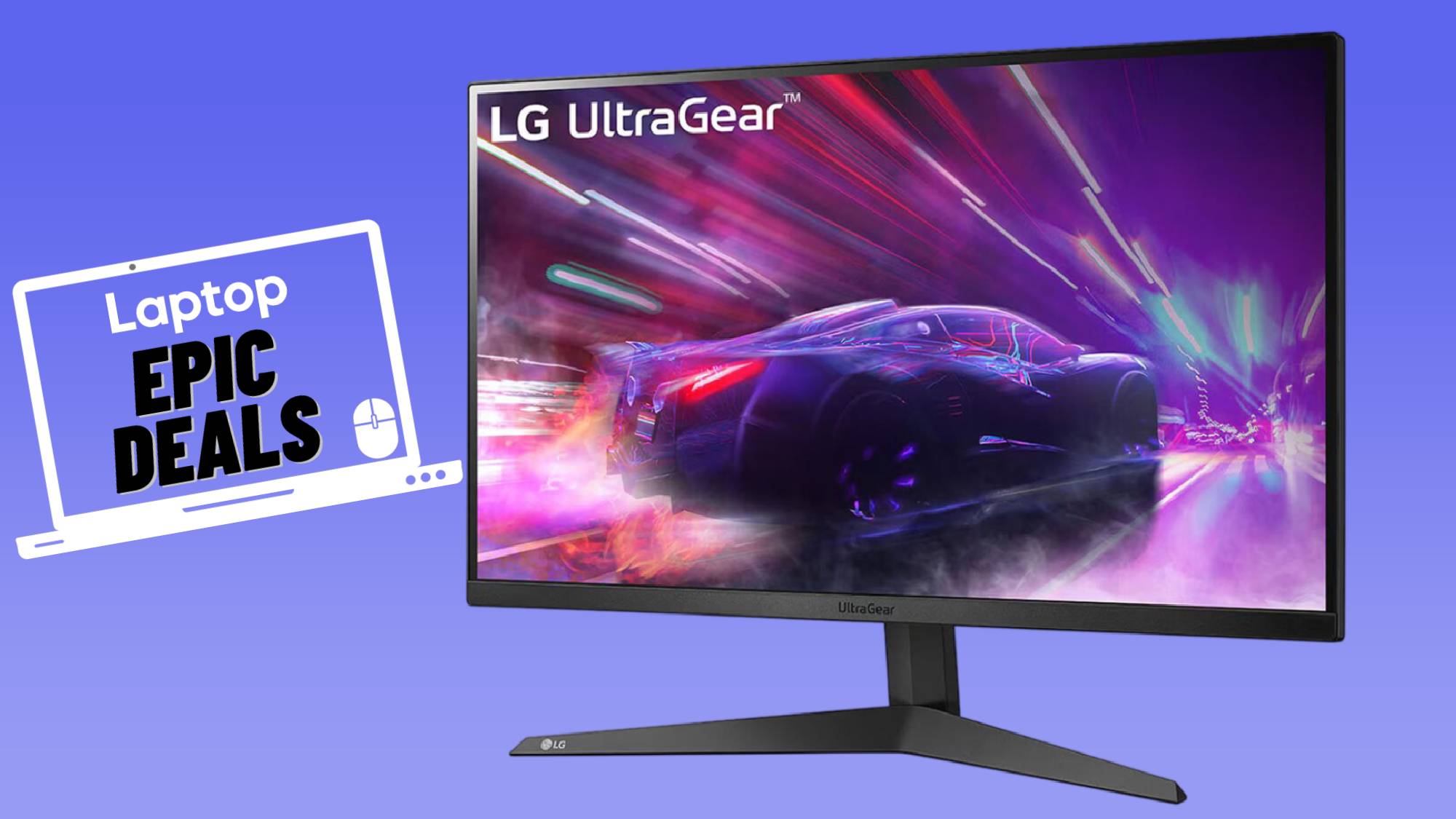Paying 3X for the Same Content? Sign Me Up!

Someday, you’ll be able to start watching a show on your big screen in your living room, continue watching it on your tablet in another room, and then finish it up on the plane on your smart phone. And if the big media companies had their way, you’ll pay for that same show three times. So far, more than 300,000 people have downloaded Time Warner Cable’s new iPad app, which lets you stream a mere 32 channels—and only within the confines of your home. Sounds pretty harmless to me, but for the TV networks, it’s tantamount to grand larceny.
Update: Make that 20 channels. According to the AP, Time Warner has pulled a dozen of them from its app after receiving cease and desist letters. That was fast!
News Corp., Scripps Networks, and Viacom claim the free TWCable TV for iPad app represents a contract violation and have told Time Warner to stop streaming their channels because it’s not covered under the current licensing agreement. Apparently, wanting to take that episode of The Daily Show into the bathroom should command a premium on top of the $75 subscribers already pay per month on average for TV. And did I mention that to get this app you also need to be paying for Internet service? Between cable and Internet, I fork over $173 per month. How many times should we have to pony up for the same content viewed at the same address? Um, how about once?!

For now, the Time Warner app only streams live TV, but the cable provider promises to add support for video on demand and the ability to set your DVR on the go. Streaming DVR playback could be an option down the road, but not right now. According to The New York Times, Cablevision’s upcoming app will be much more robust (read: threatening), transplanting “every existing channel and video-on-demand option to the iPad.” Variety says Cablevision’s app will also let subscribers access content stored on their DVRs. Verizon and Comcast are also working on streaming apps for the iPad, but I wouldn’t be surprised if they put those efforts on hold when Time Warner gets taken to court.
If cable and TV providers attempt to make such services mobile to extend beyond your abode, they could seriously erode revenue from premium services such as Amazon, Hulu Plus, iTunes, and Netflix, which, in turn, could impact the bottom lines of movie and TV studios. But the way Time Warner sees it, its app is a way of keeping the money flowing to the channel owners at a time when more customers are contemplating cutting the cord. I agree, but I’m not willing to pay more for this convenience within the home. If cable and satellite providers want to tack on a true portability tax, similar to what MLB does, then I might be willing to pay a little extra.
In other licensing disagreement news, this week Amazon ruffled more than a few feathers in the music biz by rolling out a new digital locker service. Users can upload tracks they’ve purchased and then stream them via the new Amazon Cloud Player for web or Android. You get 5GB of storage for free, but if you purchase an album from Amazon MP3, that allotment gets bumped to 20GB. What’s the big deal? Amazon didn’t secure additional music licenses (money) from the music labels. I’m not a legal expert, but I don’t understand why more licenses would be required for something I already own.
This is what Amazon told paidContent: “We do not need a license to store music in Cloud Drive. The functionality of saving MP3s to Cloud Drive is the same as if a customer were to save their music to an external hard drive or even iTunes.” The labels see things differently, of course. That’s because users can re-download tracks to multiple devices without any additional charges. Meanwhile, both Apple and Google are reportedly readying music locker services of their own, and word is that at least Apple is negotiating to obtain additional licenses.
Stay in the know with Laptop Mag
Get our in-depth reviews, helpful tips, great deals, and the biggest news stories delivered to your inbox.
I stopped downloading music a while ago in favor of Pandora, because it’s so annoying to have to sync my (now aged) music collection to multiple gadgets. But I would consider purchasing albums and tracks again if I could buy once and stream anywhere. Notice that I didn’t say I’d pay more for this feature, especially since in our hands-on with Amazon’s Cloud Player for Android, it took nearly a minute for songs to start playing over a 3G connection.
I don’t blame media companies for wanting to get paid for content. But in this era of seamless mobility, the whole idea of charging extra for the ability to take the stuff I’ve already paid for with me just smacks of greed. If this keeps up, today’s digital consumers will just throw up their hands and pirate their favorite shows, movies, and tunes instead. Or find other ways to work around portability and cloud taxes. Now where did I put my Slingbox?

